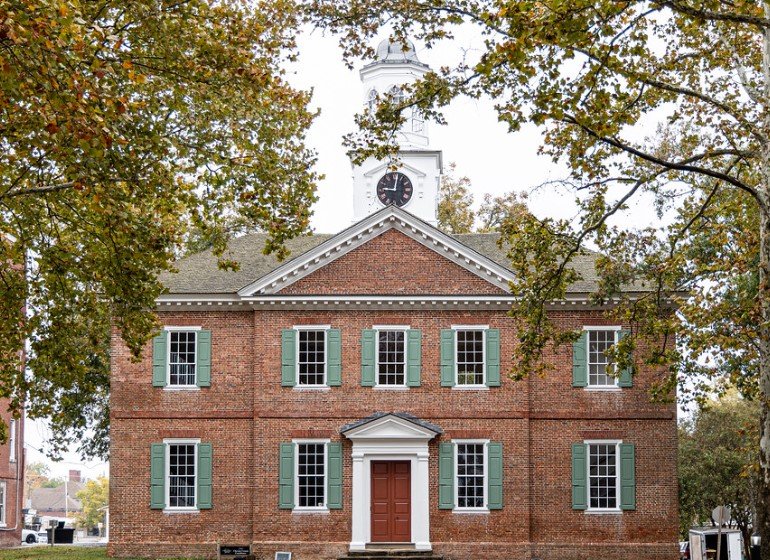A state judge has ruled against Judge Jefferson Griffin in his legal battle to discard more than 65,000 ballots in North Carolina’s Supreme Court election. The decision, issued late Friday, supports the North Carolina State Board of Elections’ stance that these ballots were lawfully cast and counted.
Judge Upholds Election Board’s Rejection of Ballot Challenges
Judge William Pittman delivered a decisive ruling in favor of the North Carolina State Board of Elections, affirming that the board acted within its legal authority in rejecting Griffin’s challenge. The disputed ballots fell into three main categories:
- Military and overseas voters who failed to include photo identification with their mailed ballots.
- Early and absentee voters whom Griffin alleged had incomplete voter registrations.
- Children of North Carolina citizens living abroad, whom Griffin labeled as “Never Residents.”
In his written order, Pittman stated that the board’s decision “was not in violation of constitutional provisions, was not in excess of statutory authority or jurisdiction of the agency, was made upon lawful procedure, and was not affected by other error of law.”

Tense Court Hearing Concludes With Swift Ruling
The case was argued before the Wake County Superior Court on Friday morning, with attorneys representing Griffin, the Board of Elections, Supreme Court Justice Allison Riggs, and impacted North Carolina voters.
Both Griffin and Riggs attended the hearing, which saw attorneys debate the legality of Griffin’s challenge for over two hours. One of the key disputes was whether Griffin was attempting to change election rules after the votes had been cast or merely enforcing existing ones. Another major point of contention was whether the challenged voters had been given adequate notice of their ballots being contested.
At the conclusion of the hearing, Pittman told the courtroom that he would review all materials and issue a ruling as soon as possible. His decision came just hours later.
Federal Court Reserves Jurisdiction Over Civil Rights Issues
While the state ruling marks a significant legal setback for Griffin, federal courts may still weigh in on certain aspects of the case. Earlier this week, a federal appeals court determined that the dispute would remain in state court but reserved jurisdiction over potential federal civil rights claims.
This means that while state law issues have been resolved, further litigation could arise if Griffin or others argue that federal voting rights were violated.
Justice Riggs Declares Victory for Voters
Justice Allison Riggs, who was elected to the state Supreme Court in the contested race, hailed the ruling as a win for democracy.
“Today’s decisions denying Judge Griffin’s challenges of more than 65,000 ballots are a victory for North Carolina voters and the rule of law,” Riggs said in a statement. “Voters decide elections, and I remain committed to seeing this fight through and upholding North Carolinians’ constitutional freedoms.”
Meanwhile, Griffin has not indicated whether he will pursue further legal action at the state or federal level. His attorneys have previously suggested that they may appeal the ruling, leaving open the possibility of further challenges.
What Comes Next?
With the court’s decision, the North Carolina State Board of Elections can proceed with certifying the election results without adjusting the final ballot count. However, given the contentious nature of the dispute and the potential for federal intervention, the legal battle may not be entirely over.
For now, though, one thing is clear: North Carolina’s highest court will not be reshaped by the exclusion of tens of thousands of ballots. The ruling reaffirms that votes cast under existing state laws will stand, despite Griffin’s efforts to have them thrown out.

Comments